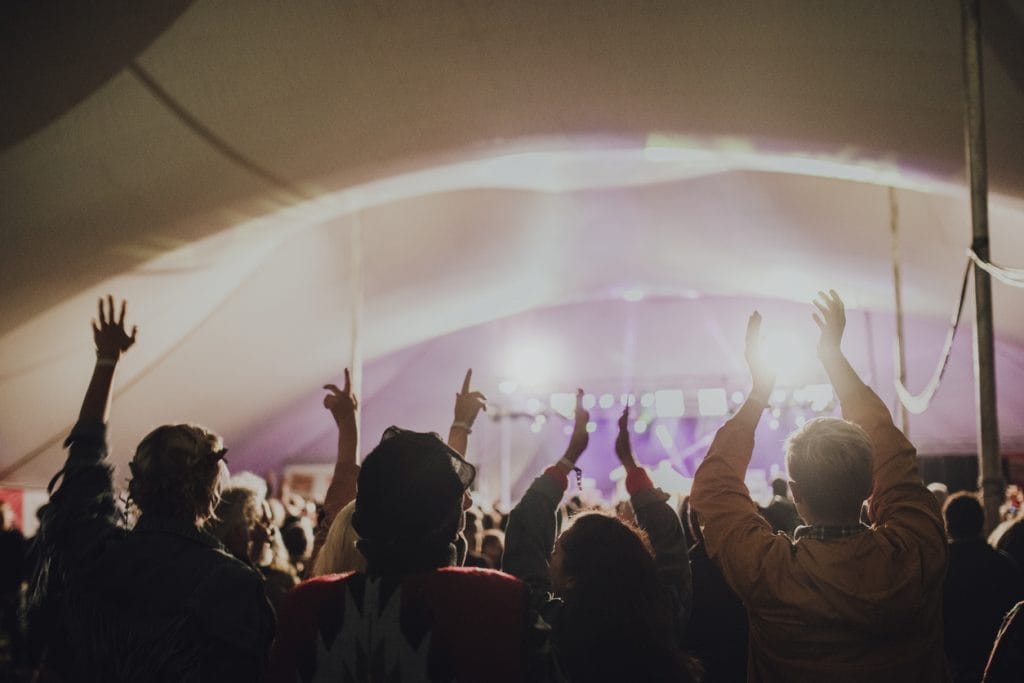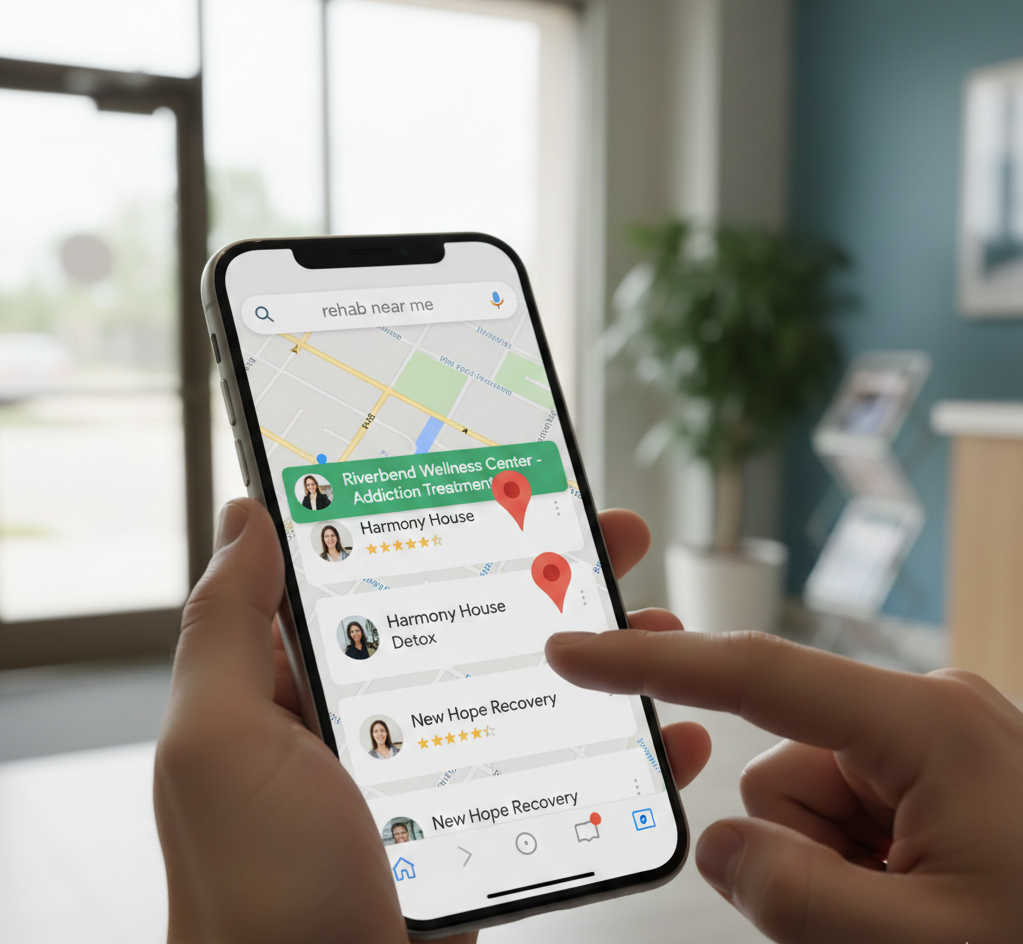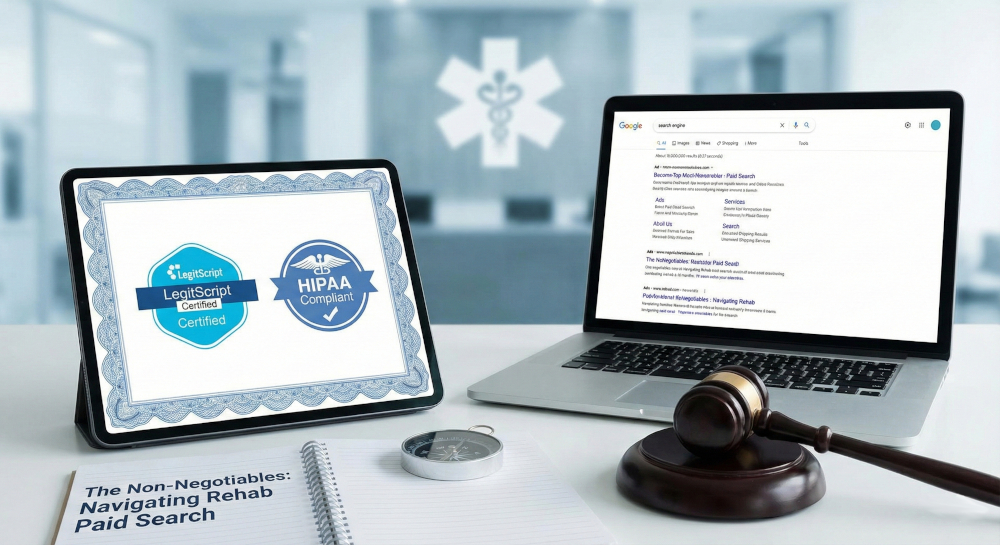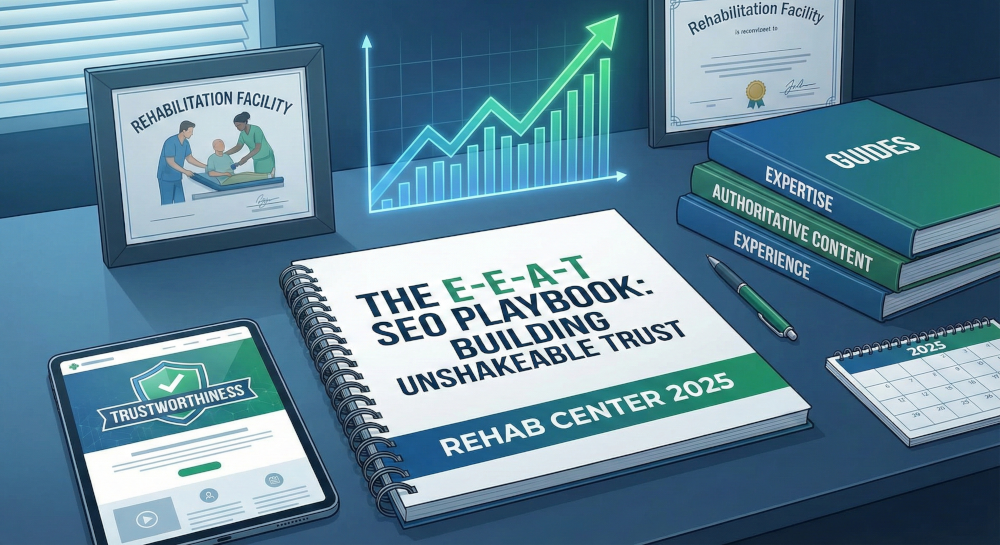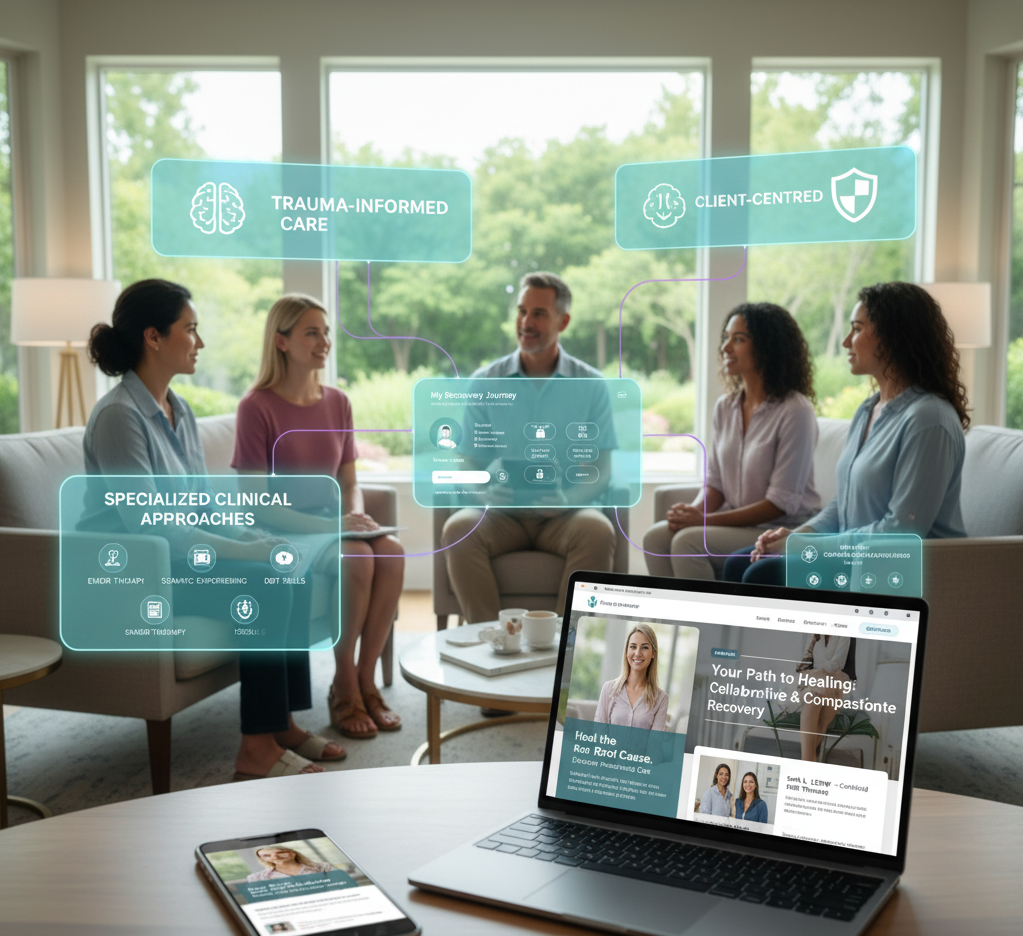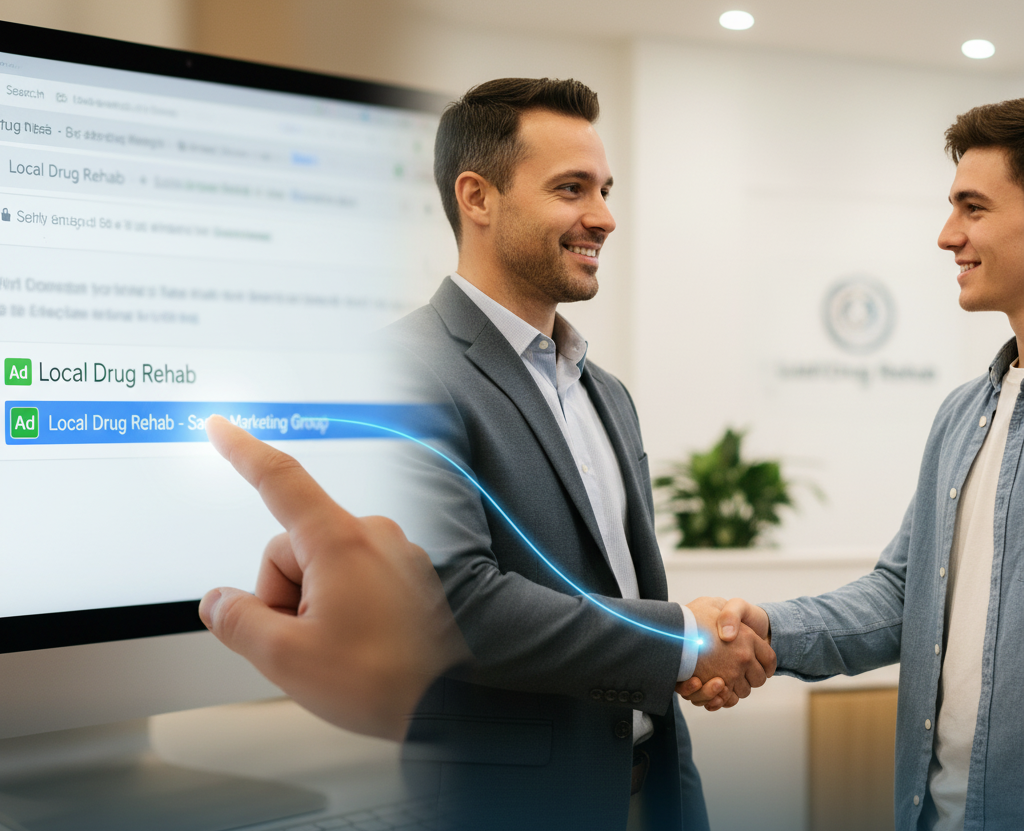When it comes to SEO, link building is a major part of the process since Google and other search engines take a look at how many sites are linking to yours. For the greatest impact, those links can’t come from just any site, but instead should come from topically related websites that have high quality content. That makes it a bit more complicated for new sites – because they have to work hard to establish themselves as link worthy.
Fortunately for you, link building comes down to little more than building strong and reputable relationships online. And, it’s also possible to take offline strategies to apply them to your brand building efforts online.
All stages of your event process, from promoting the event to what happens after the end of it, provide great opportunities for building links to your site. The key is to apply the correct strategy for each stage. Whether you’re sharing your event on event sharing websites, relying on influencers to build traction, publishing content specific to your event, leveraging your face-to-face marketing efforts to acquire more backlinks helps your business, regardless of its size, become more visible to your target market.
Overview
Before Your Event
Before you start your link building mission, take time to determine which pages and domains you want other people to share so you’re building links to the right places. If you’re the one in charge of the event, rather than just attending the event and using that to help build links, you’ll want to have a landing page on your site dedicated to the event. The landing page should provide the important details and invite registration. It’s the best place to send potential attendees and is easy to share for promotional purposes.
Event Sites
Once you have the event domain and pages setup, you can take the landing page to various event sites to get some easy links. Your event location determines where you’ll post. If you’re hosting a small event, focus your efforts on region-specific sites that will give you links to boost your visibility in the local search results.
If on the other hand, you’re hosting an event with a national or international appeal, you could use sites such as Meetup or Eventful to link directly to your event page. Other sources may scrape the larger sites so you could possibly get multiple links from a single post.
Reach Out to Influencers
If you have relationships with bloggers in your industry, you can ask them to share your event details with their followers to gain links.
If you don’t have any established relationships with bloggers in your industry, you’ll want to research to connect with the right kind of influencers you need, and make sure they are the kind of influencers that will give you the return on investment you’re looking for. You want to choose bloggers who’ve built credible, authoritative sites that will in turn help you build authority and improve your search engine visibility. Yes, it’s harder to obtain links from industry experts with higher domain authorities, but they will be the most beneficial when it comes to building your brand.
Once you’ve come up with a list of your target bloggers, connect with them to explain why your event is relevant for their audience, and how sharing it or posting about it would enhance their content’s value. To make sure they have a reason to want to work with you, be sure to offer in return, such as cross-site promotion. This will make the relationship mutually beneficial and get more exposure to your target market.
During Your Event
Whether it’s your company hosting the event, or someone from your organization is speaking at one, there are plenty of chances to support your link building efforts. Many people love to share their insights and recaps from conferences and other events on their blogs and social media accounts. When they do this – there’s a good chance they’ll link to your company’s site.
Publish Blog Posts
Even if you’re just attending an event, post a blog daily to highly the key takeaways from the sessions or keynotes you attended. The event-specific content will be promoted by the event hosts, sponsors, speakers, attendees, and other people on your team who stayed back at the office.
To boost your chances of getting the content out to the right people, share it in a LinkedIn message or email to a presenter or the marketing lead from the event host. Always share the post on your company social channels and tag anyone who’s mentioned. The idea is that because you’ve included them and given them free publicity, they, as higher quality sources will share your content.
Network With Other Attendees
Posting about events can help you build links, but one of the most important aspects of hosting or attending events is the networking. The chance to build strong, long-term relationships with others in your industry is important, and you should take it. The majority of event-goers say they attend for networking opportunities. You never know what kind of opportunity may come from a relationship you build with someone… even years from now.
After the Event
After the event has wrapped up and everyone has gone home, you can still be building backlinks because many of the best chances to do so are still coming.
Use Social Listening Tools
Social listening tools allow you to track your backlinks. When you see what sites are linking to you, you may find there are some that you could work with to develop a mutually beneficial partnership. If you do, reach out to them and discuss it with them.
Follow Up Via Email
If you were a speaker at an event, nurture those who attended your session through email. Send them a link to a landing page on your site where the slides from your presentation are available for download. They can share the page and link to it from their blog posts about the conference. Encourage them to share the presentation with their readers and followers by sharing it on their social pages. If they share a blog post about the session and what they learned, you can earn some valuable backlinks this way.
Building backlinks is hard work, but doing so consistently will pay off for years to come. Building backlinks creates a snowball effect because it increases your rank positioning in the search engines and makes it easier to attract more attendees to future events.
Contact us today to get the conversation started!

